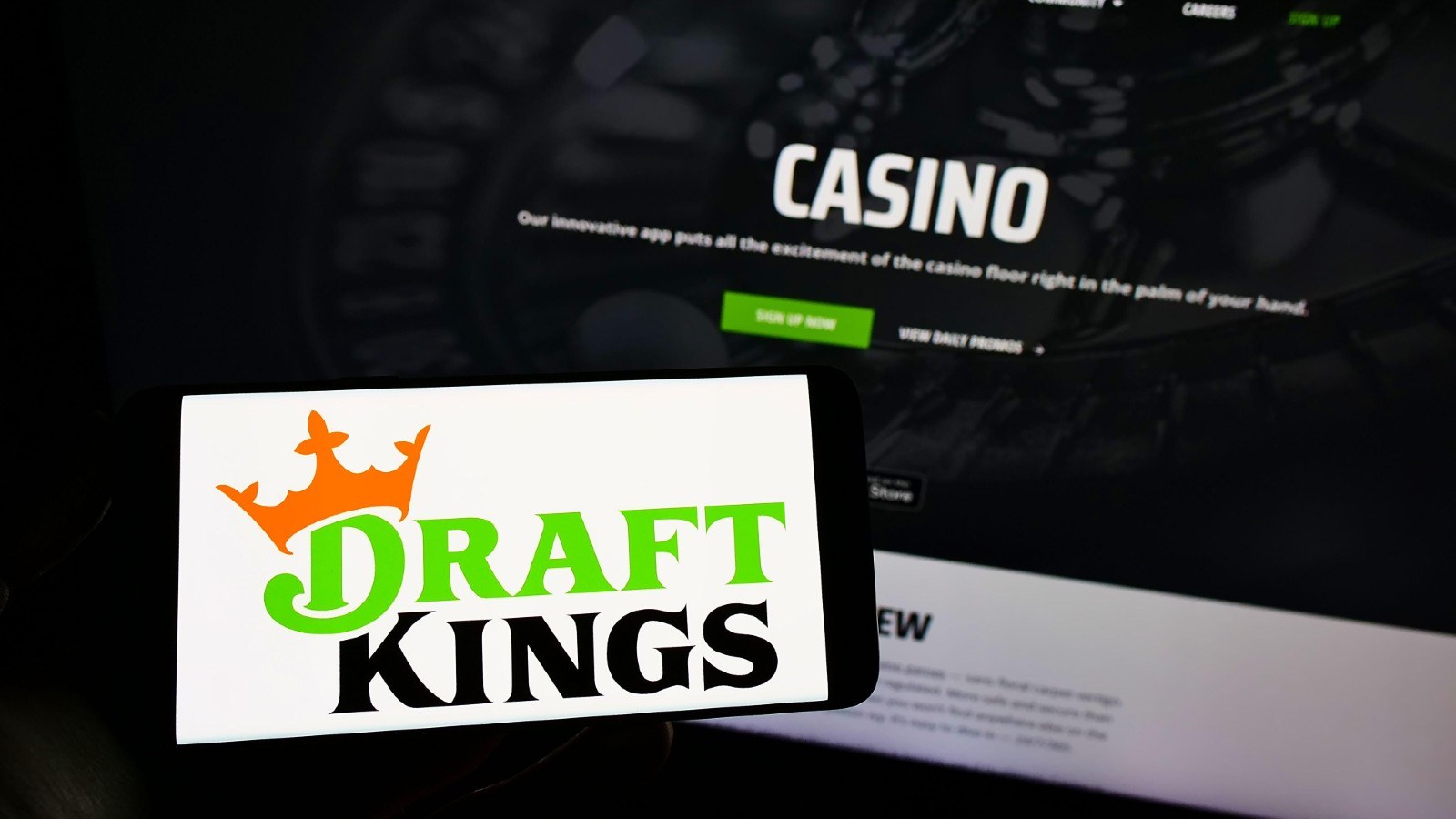In a first-of-its-kind discovery, Bengaluru police have uncovered an international casino agent network, allegedly tied to cybercriminals and money laundering operations. These agents, operating in cities like Bengaluru, Hyderabad, Chennai, Visakhapatnam, and Thiruvananthapuram, are suspected to be promoting foreign casinos—especially in Sri Lanka—via platforms like Instagram, Facebook, and Telegram.
Once a user clicks on a casino link, their location is tracked and routed to a nearby agent who then pitches gambling packages and collects payments. These agents manage the entire process, including overseas travel, stay, meals, and even companionship upon request. Once abroad, the customer receives gambling coins equivalent to the amount paid.
Authorities were initially baffled—why would Indians travel abroad to gamble when Goa exists? The answer: foreign casinos offer a 33% win rate compared to Goa’s mere 8%. However, these agents operate without registration in India, and the money trail remains hazy. Investigators suspect cryptocurrency is being used to move funds internationally, calling it “pure money laundering.”
The racket surfaced during a cybercrime probe involving an elderly Bengaluru couple who lost ₹4.75 crore in a digital fraud. A ₹10 lakh transfer led police to Eshwar Singh from Hyderabad, who admitted it was a refund from a Sri Lankan casino. This link helped police unravel the broader casino-crime nexus.
Authorities now plan to involve the Enforcement Directorate to investigate the money-laundering aspect, with several agents already under surveillance. The case signals a dangerous convergence of gambling, tech, and financial crime.
Read also:






